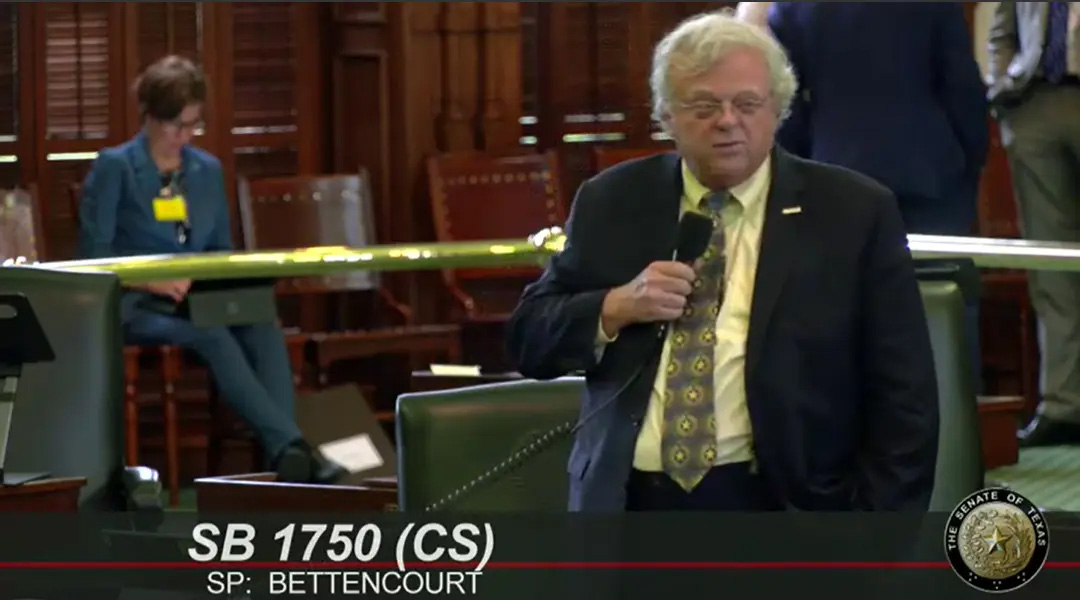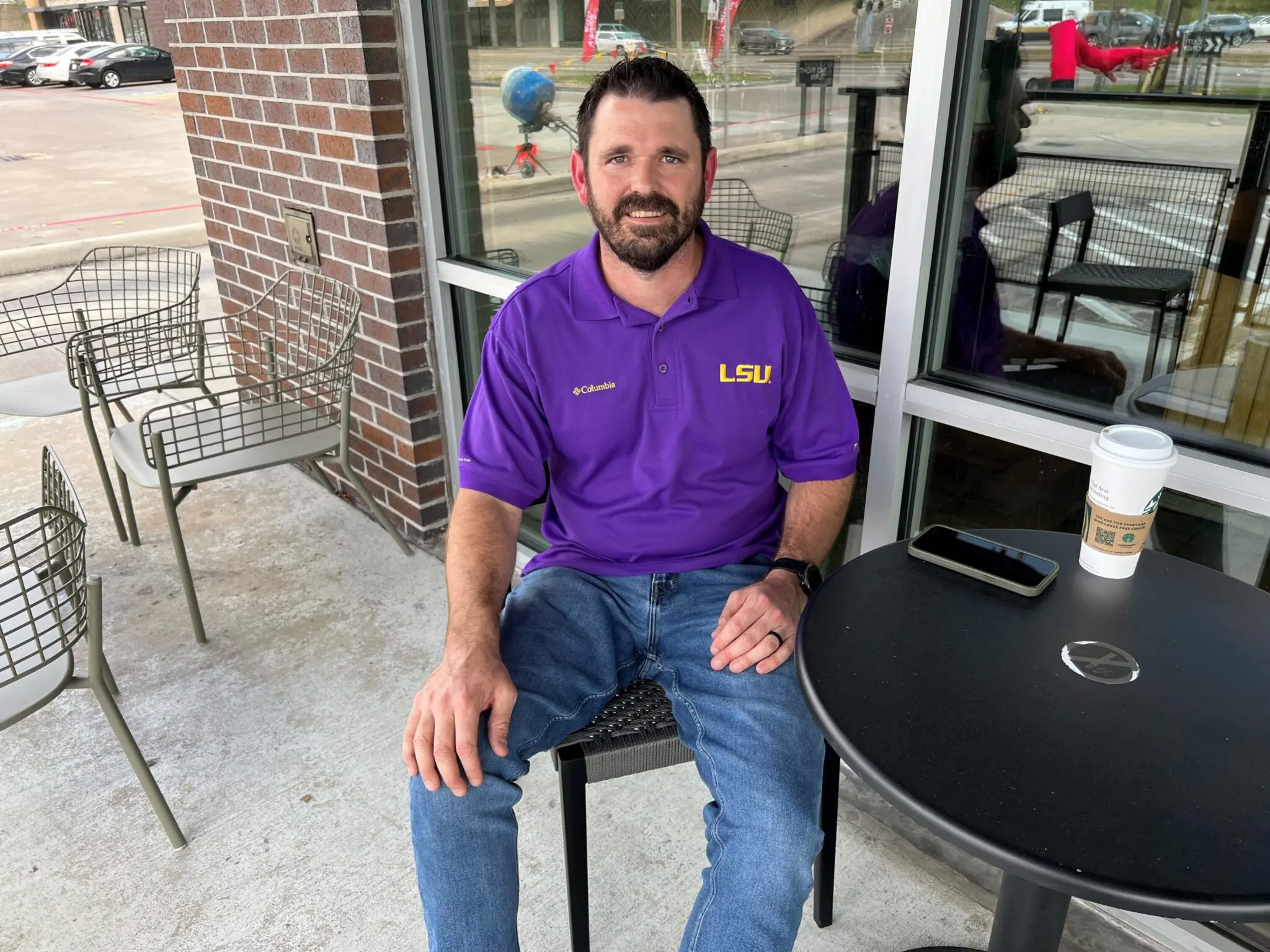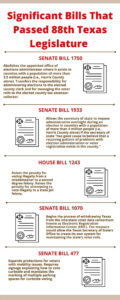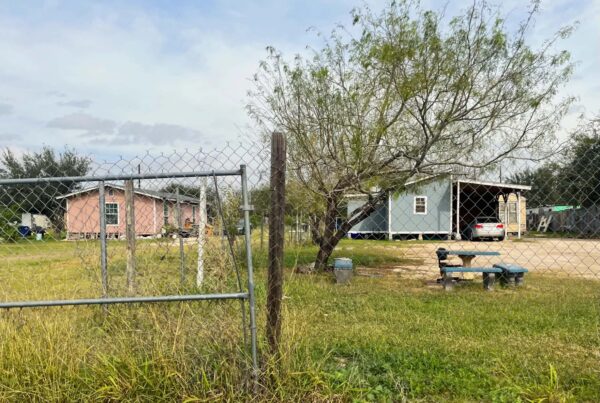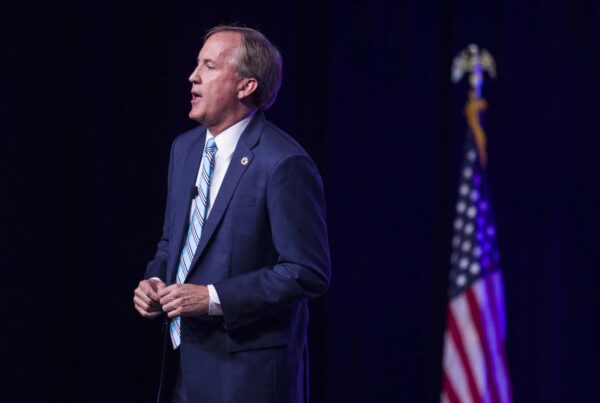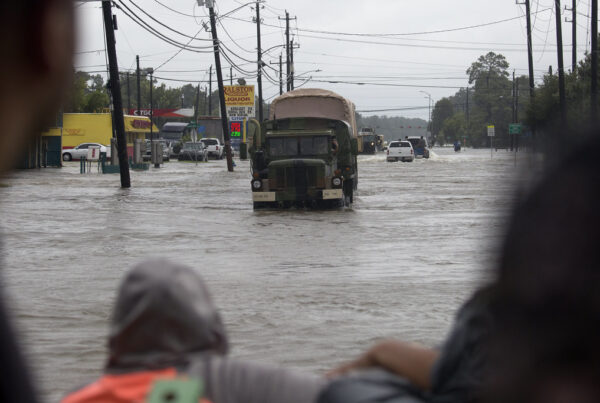Republican state lawmakers filed well over a dozen bills during the regular session of the Texas Legislature to, in their words, improve election integrity. Among the most significant ones that passed were two that targeted Harris County, the state’s largest Democratic stronghold.
Fixing Harris County’s “broken” election system
Harris County has struggled to conduct elections in recent years. Election Day 2022 was more of the same. Some polls in Democratic-leaning neighborhoods opened hours late. Others experienced malfunctioning machines. And then there were more than two dozen polling sites in Republican-leaning neighborhoods that were forced to temporarily shut down because they ran out of paper ballots.
“There were piles and piles and piles of ballot paper at the elections administration’s warehouse, so that was not the issue at all,” said Neal Richard, a Republican election judge in Klein, northwest of Houston. “It was either a lack of planning or incompetence or it was a directed attack, political attack at the Republican precincts within Harris County.”


